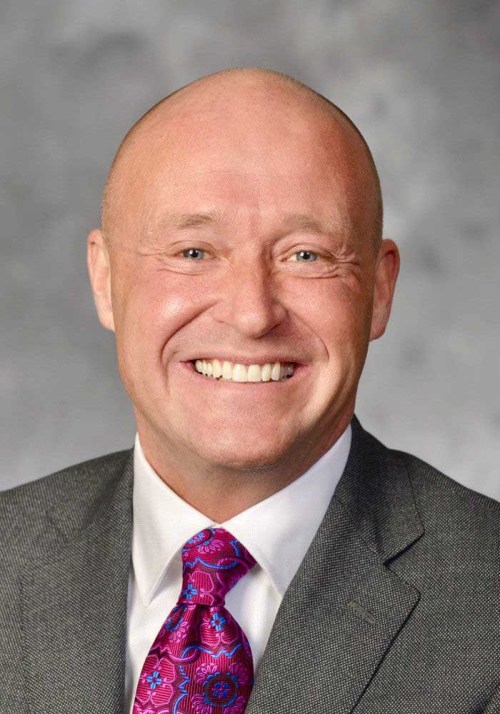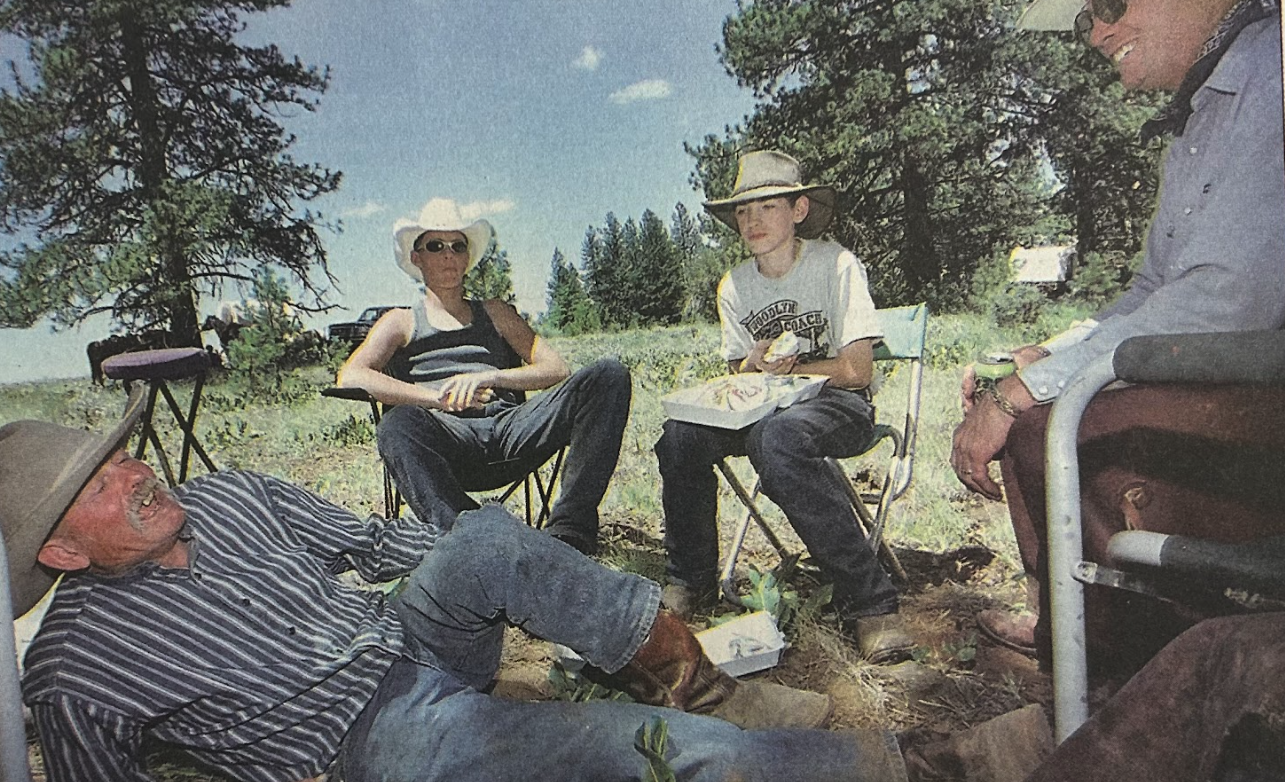Rep. Greg Smith recaps special session in virtual town hall
Published 1:00 pm Monday, July 13, 2020

- Smith
UMATILLA COUNTY — Protests and COVID-19 were at the forefront of the conversation during a virtual town hall hosted by Rep. Greg Smith, R-Heppner, on Thursday, July 9.
Smith started the town hall by providing a recap of some of his votes on bills relating to both issues during the Oregon Legislature’s recent special session, before asking for questions and feedback from the audience participating by video.
“I know there’s a lot of frustration in the state of Oregon and in the community right now, and if I’m going to serve you appropriately in the Legislature I need to know what you’re thinking,” he said.
On police reform bills introduced during the special session, Smith explained his thinking in supporting some but not others.
He was a yes vote on House Bill 4207, which would maintain a public records database on police discipline and require law enforcement agencies to check it during the hiring process. Smith said while he believes most police officers do a “fabulous job,” he also believes that when an officer does not do their job appropriately, there should be a transparent process for the public and the media to access those records.
He also voted yes for Senate Bill 1604, which restricts arbitrators from overturning discipline meted out to police officers, if the arbitrator also finds that misconduct did occur.
Smith voted no on House Bill 4208, which restricts use of tear gas only to incidents that have been declared a riot. Smith said he wanted to make sure law enforcement had the tools they needed.
“While I fully believe all citizens have a right to First Amendment rights — public speech, open speech, free speech and the right to assemble — I don’t believe they have the right to riot, to loot, to have criminal misconduct, to be thieves and break into stores,” he said.
He was also one of only five no votes in the House on House Bill 4203, which bans police use of chokeholds except in cases where use of deadly force would be authorized.
Smith referenced an incident in 2014 when a drunken driver hit his family’s vehicle while they were traveling home from a state wrestling tournament. When the driver fled the scene, Smith chased him down and held him until police arrived. He said he had to use “every ounce of physical assistance I had to control this person.”
“It really left an impression on me of what our law enforcement folks go through every day, and so in no way did I want to second guess those hard working men and women who protect us in how they handle those most difficult situations,” he said.
Smith said he voted in favor of Senate Bill 1603 expanding rural broadband, despite the fact that many Republicans voted against it because it included a new cellphone tax. He said a statewide cellphone tax would generate most of its revenue from residents of the metro area, and then spend that money in the rural parts of the state.
“If we can allow Portland and Beaverton and Gresham to assist in developing rural broadband in Condon or Heppner or Umatilla or Irrigon, I’m in favor of that,” he said.
Smith also discussed the economic impacts of COVID-19. He said he was greatly concerned about the projected $2.7 billion deficit for the biennium, and the state will have difficult choices ahead about where to make cuts.
He addressed the local projects that have been put on hold after a steep drop in lottery revenue stopped the sale of $237 million in bonds to pay for capital projects. Two of those projects include the $1 million mental health-focused renovation of the Umatilla County Jail, expansion of the Port of Morrow’s early learning center and Blue Mountain Community College’s Farm II, which will include an indoor arena and classrooms in Pendleton.
“What we don’t know is how long they will remain on the shelf,” Smith said.
He said the funding could merely be delayed while the state waited to achieve the required debt-to-revenue ratio for the bond sale to proceed. He said the governor could also choose to prioritize finding funding for the projects that are farthest along, or state leadership could simply “wipe their hands” of the projects and make everyone start over on lobbying for funding in the future.
When constituents brought up concerns about help for small businesses and individuals affected by COVID-19, Smith said he had initially felt understanding as the Oregon Employment Department struggled to process the initial wave of unemployment applications from a pandemic they hadn’t foreseen, but the time for being understanding has passed.
“After four months, the fact that we still have folks here in District 57 that have still not seen their benefits, that’s unacceptable,” he said.
When asked his position on mandating vaccines for COVID-19 when one is available, Smith said that he and his wife have vaccinated their children and would strongly encourage everyone to vaccinate their own children. But when it came down to a vote, he said, he would vote to protect “parental rights.”






